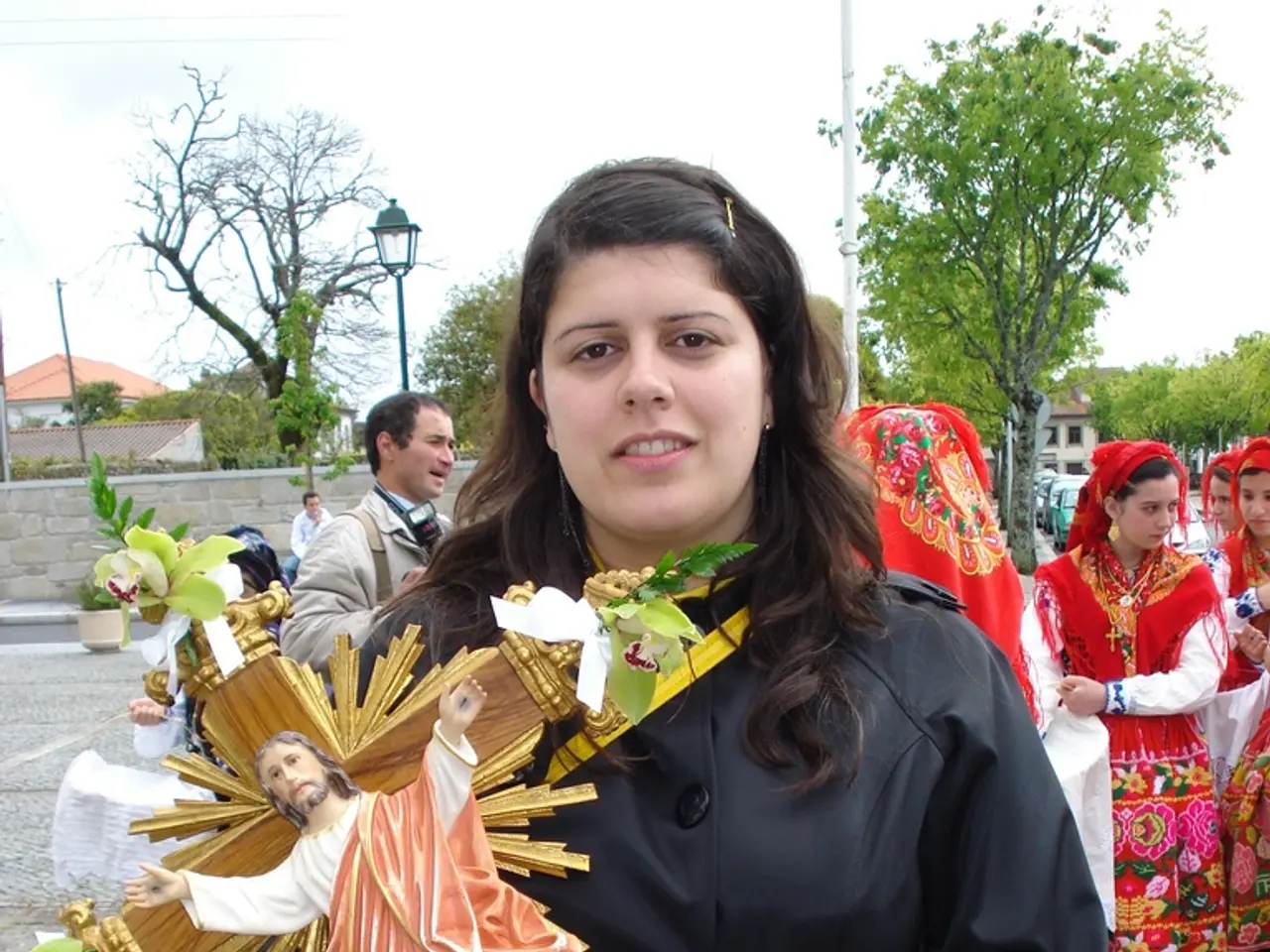Considering Native Perspectives: Using a Historical Missionary Concept in Modern Europe
Re-Engaging the Gospel in Europe: Embracing Indigenous Principles
The United Nations estimates that there are over 370 million indigenous people spread across 70 countries worldwide, including Europe. However, reaching indigenous Europeans, particularly in rural parts of the continent, remains a challenge.
The phrase "reverse mission" encapsulates this shift, as Majority World Christians today find themselves as missionaries to the countries that once sent missionaries to them. This is not a new concept; principles of indigenous mission were first proposed by Henry Venn in the 19th century and later developed by John Nevius, Hudson Taylor, and Roland Allen.
In Europe, these principles are more relevant than ever. To reach indigenous Europeans, Majority World Christians in Europe must exercise the same indigenous principles that were once necessary for the gospel to take root in Africa, Asia, and Latin America. This means re-engaging the gospel in ways that authentically reflect and respect Europe's native cultural, linguistic, and historical contexts.
This approach calls for treating Europeans themselves as indigenous peoples with their own unique cultural identities and histories that deserve translation and contextualization of the gospel, rather than a one-size-fits-all "imported" Christianity. It encourages collaboration between native Europeans and Christians from the Majority World, reflecting Europe's ethnically and religiously diverse present.
Moreover, it advocates for moving away from reliance on foreign cultural expressions of Christianity, such as American worship music replacing local traditions. Instead, it fosters the renewal of European indigenous Christian cultural expressions and practices.
In a largely secularized and multi-religious Europe, this frame for Christian mission is particularly significant. It suggests that Christian mission in Europe should explicitly address secularism and religious pluralism with sensitivity to European identities and worldviews.
In essence, applying indigenous principles today in Europe is a call to re-cultivate Europe's Christian roots in ways that are locally meaningful and adaptable for mission in a post-Christian, pluralist context. This counters historical colonial patterns and globalized religious forms that often undermine authentic local identities.
The implications of this are far-reaching. Europe, once a continent of emigration, is now the largest destination for international migrants globally. The majority of the world's 131 million Christian migrants live in Europe, making it a melting pot of diverse cultures and religions. Yet, Europe has more than 30 national languages and between 200 and 300 minority languages.
Indigenous European churches, intercultural churches, and diaspora churches from the Majority World must find spaces for fellowship and mutual learning and ways to express their shared identity in Christ. This is a crucial step towards fostering local theological and missiological reflection and preserving local music written in the indigenous language and musical style.
However, many Europeans do not like to think of themselves as indigenous due to historical associations with primitive, pagan, and uncivilized cultures. This perception needs to be addressed and overcome for the indigenous principles to be fully embraced and for the gospel to take root authentically in Europe.
[1] J. P. Ter Haar, "Indigenous Christianity in Africa," Orbis Books, 2007. [2] L. M. Esack, "Indigenous Christianity in Africa," Orbis Books, 2008. [3] D. A. Carson, "The Gagging of God: Christianity Confronts Pluralism," Zondervan, 1996.
In this context, embracing indigenous principles extends beyond the realm of traditional indigenous populations, also applying to Europeans themselves. This approach encourages Majority World Christians in Europe to prioritize education-and-self-development regarding Europe's unique cultural identities and histories, thereby facilitating a lifestyle that authentically reflects and respects the continent's native contexts for effective gospel engagement.
Furthermore, in the spirit of collaboration, the indigenous principles advocate for the emergence of indigenous European churches, intercultural churches, and diaspora churches from the Majority World to engage in mutual learning and fellowship, preserving local music and theological reflection while challenging common misconceptions about indigeneity in Europe.




